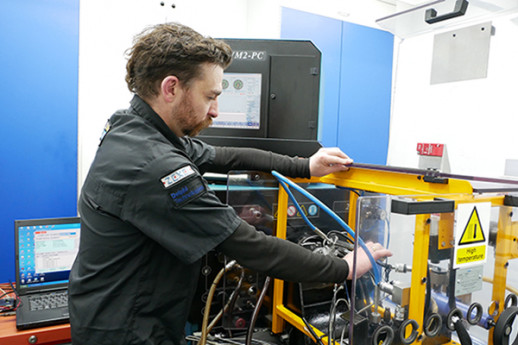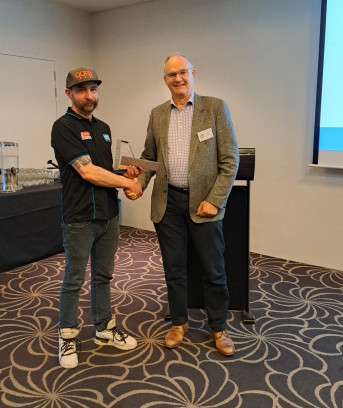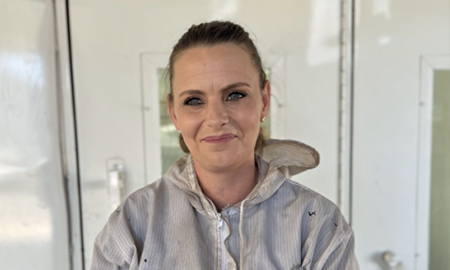Diesel’s on the rise!
“A strong industry, ever evolving, so much more to offer than petrol vehicles.”
These were the main comments made when talking to Alex Gill and Wade Noedl from Diesel and Turbo Wellington about the diesel fuel technology industry.
According to The Ministry of Transport Annual Fleet Statistics 2020, 20% of the light vehicles and 77% of the light commercial vehicles in New Zealand are diesel. This number has increased dramatically over the past few years. They have also found that the growth rate for light commercial vehicles has increased since 2012, reflecting a trend away from the purchase of petrol vehicles towards diesel powered, larger heavier utes, SUV’s and 4WDs.
Wade Noedl, the Service Manager at Diesel and Turbo Wellington reiterates these statistics. “Diesel is only getting stronger, there is still so many new diesel vehicles being registered on the road. Ford Rangers are the number one selling vehicle in New Zealand and have been for quite some time.” The diesel fuel technology industry is highly depended on to service all these new diesel vehicles. “We haven’t even seen the peak of diesel vehicles that need to be repaired yet.”
This ever-growing number of diesel vehicles makes it crucial for people to be employed, train and become qualified in the diesel fuel technology industry. Alex Gill is the first learner ever to complete the New Zealand Certificate in Automotive Diesel Fuel Technology (Level 4) through MITO. This programme was released in 2019 and designed in consultation with AADS (Association of Australasian Diesel Specialists Inc) and other industry leaders.

Alex Gill is currently completing the New Zealand Certificate in Automotive Diesel Fuel Technology.
With over 15 years’ experience in the industry, Alex leaped at the opportunity, once the programme became available. “I have always wanted to get the qualification behind me but the old courses that existed prior were outdated and difficult to complete. With the help of AADS and the other companies involved in creating this qualification with MITO it was a good time to achieve and be fully qualified in the industry.”
Alex’s favourite part of his role and what he enjoyed most about in the course work is the diagnostics. “Diagnostics is my favourite part, diagnosing faults in diesel sensors and components is really interesting to me. There are two kinds of roles in the diesel fuel technology industry, fuel technology and diagnostics. I am lucky at Diesel and Turbo that I get to do both so this provides me with a lot of variety in my job and challenges on both sides.
Wade has been in the industry for 25 plus years and likes the specialty and technological side of the industry. “It’s quite a technological field. Diesel vehicles have a more complex system than some petrol vehicles and gets more complex each time something new comes out. The new gadgets and the technology is forever changing. That’s the side that I get interested in.”

Alex Gill being awarded the inaugural Apprentice of the Year award from Association of Australian Diesel Specialist (AADS) from MITO's Manager Corporate Phil Urlich.
Wade also encourages other workshops to sign up apprentices in MITO’s qualification. “There is a long career in diesel fuel technology. There are still many diesel vehicles getting manufactured today and we will need someone to repair them. It would be very handy for automotive shops and garages to have a fuel injection apprentice because there are so many utes and diesel vehicles out there and if they are all having issues someone is going to have to fix them.”
“Diesel is going nowhere; it is here to stay!”



